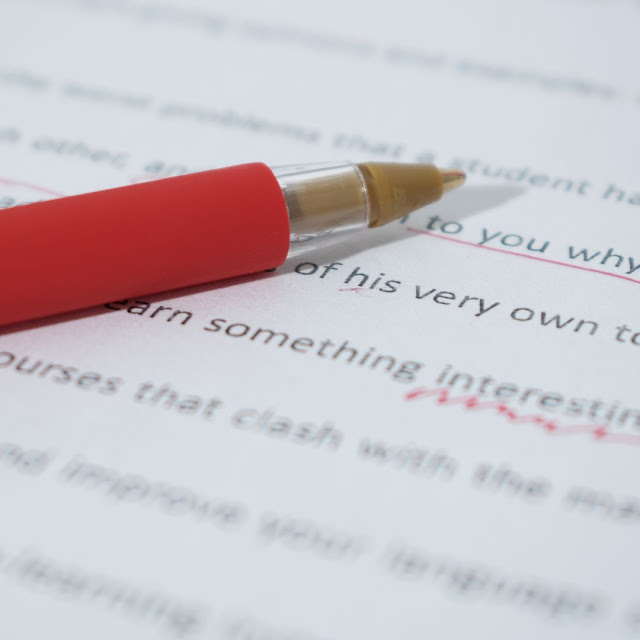Navigating the Challenges: Spelling and Grammar for Dyslexics
Spelling and grammar can be tricky for anyone, but for individuals with dyslexia, these language fundamentals often present a unique set of challenges. In this blog post, we'll explore the difficulties dyslexic individuals face when it comes to spelling and grammar and offer some strategies to overcome these challenges.
Challenges with Spelling:
1. Phonetic Confusion: Dyslexic individuals often struggle with phonetic spelling. They may have difficulty recognising the sounds associated with certain letters and struggle to apply consistent spelling rules.
2. Visual Memory: Many dyslexics find it challenging to remember the visual appearance of words. This can lead to frequent misspellings of commonly used words.
3. Word Retrieval: Dyslexics may have difficulty accessing and retrieving the correct spelling of words from memory, leading to hesitation and errors in their writing.
Challenges with Grammar:
1. Syntax and Sentence Structure: Dyslexic individuals may have difficulty grasping complex sentence structures and grammatical rules, which can affect their writing clarity.
2. Verb Tense and Agreement: Maintaining consistent verb tense and subject-verb agreement can be challenging, leading to grammatical errors in written work.
3. Punctuation: Dyslexics may struggle with proper punctuation, leading to issues with sentence clarity and coherence.
Strategies for Overcoming Spelling and Grammar Challenges:
1. Phonics-Based Instruction: Utilise phonics-based approaches to reinforce letter-sound relationships, which can improve both reading and spelling skills.
2. Visual Aids: Use visual aids like coloured overlays or specialised fonts that can enhance word recognition and memory.
3. Spellcheck Tools: Encourage the use of spellcheck tools and grammar-check software to catch and correct errors.
4. Dictation Software: Consider using dictation software that allows individuals to speak their thoughts, which is then transcribed into written text, minimising spelling and typing challenges.
5. Structured Writing Programs: Implement structured writing programs that break down the writing process into manageable steps, focusing on spelling, grammar, and organisation.
6. Supportive Feedback: Provide constructive and supportive feedback, emphasising the importance of content and ideas over spelling and grammar in the early stages of writing.
7. Encourage Reading: Encourage dyslexic individuals to read extensively. Exposure to well-written text can help them internalise correct spelling and grammar patterns.
Spelling and grammar challenges are just a part of the broader landscape of dyslexia. However, with understanding, patience, and targeted support, individuals with dyslexia can improve their spelling and grammar skills over time. It's essential to focus on their strengths and unique abilities while providing them with the tools and strategies needed to navigate the world of language effectively. Dyslexia does not define a person's potential; it's merely a different path to reaching their goals.




Comments
Post a Comment